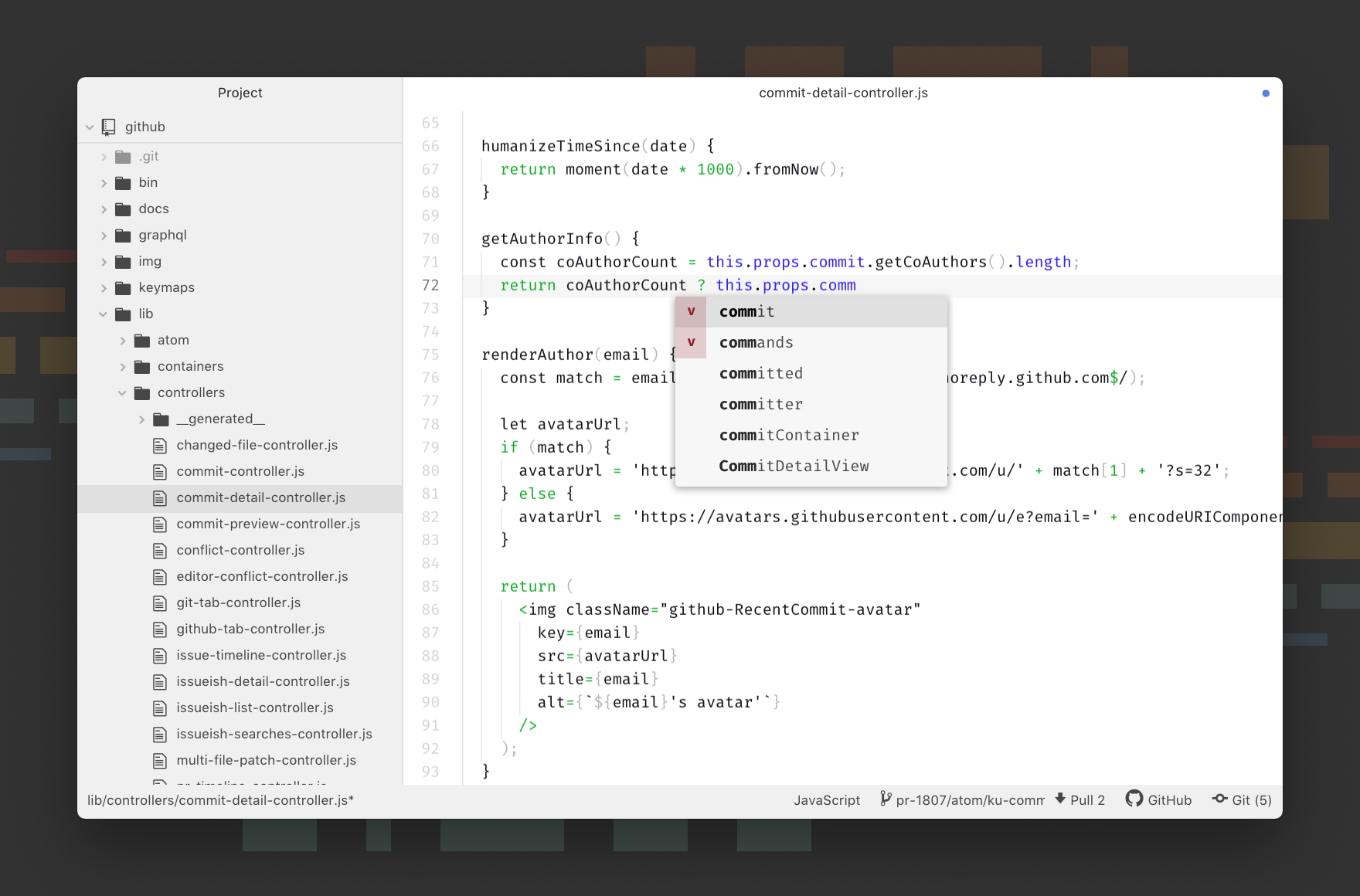In a blog post on Wednesday, GitHub, a well-known code hosting platform, announced that the atom software development environment has come to an end As the software development text editor launched by GitHub in 2011, the platform will archive all other resources remaining in the atom repository and the community on December 15, 2022.

(from: GitHub blog)
It is reported that as the basis of the electron framework, atom includes Microsoft visual studio Thousands of applications including code, slack and GitHub desktop provide support.
But in recent years, with the emergence of more new tools, GitHub has found that the participation of the atom community has decreased. In the past few months, apart from simple maintenance and security updates, atom itself has not seen any major functional development.
GitHub employees wrote in the article entitled "sunsetting atom":
When atom was launched in 2011, we wanted to provide developers with a text editor that can be deeply customized and convenient for more people to build software.
GitHub always keeps reliability, security and performance in mind, but in order to better serve the developer community, we are archiving atom to give priority to supporting future oriented software development technologies.

GitHub said that in the future, it will re focus on Microsoft Visual Studio code (vs Code) and GitHub codespaces, which are also the cloud driven development environment promoted by the company.
At the same time, GitHub is aware that many developers in the community are still using atom, and acknowledges that it will take some time and effort to complete the migration to alternative solutions.
What makes people sad is that the vs Code launched by Microsoft in 2015 was also a response to atom at first.
Then the software giant acquired GitHub in 2018 and deeply integrated atom with vs code. During this period, the popularity of vs code has been growing.
The 2021 developer survey results of stack overflow show that only 13% of developers use atom as their main development environment, while vs code is as high as 71%.
Of course, GitHub will not freeze the atom ecosystem at this point. After completing the documentation of relevant documents, developers in need can still review and check their builds at any time.
In addition, as one of the core contributors to the project, Max brunsfeld is taking the lead in promoting atom's spiritual sequel zed (scheduled to enter alpha beta this week).